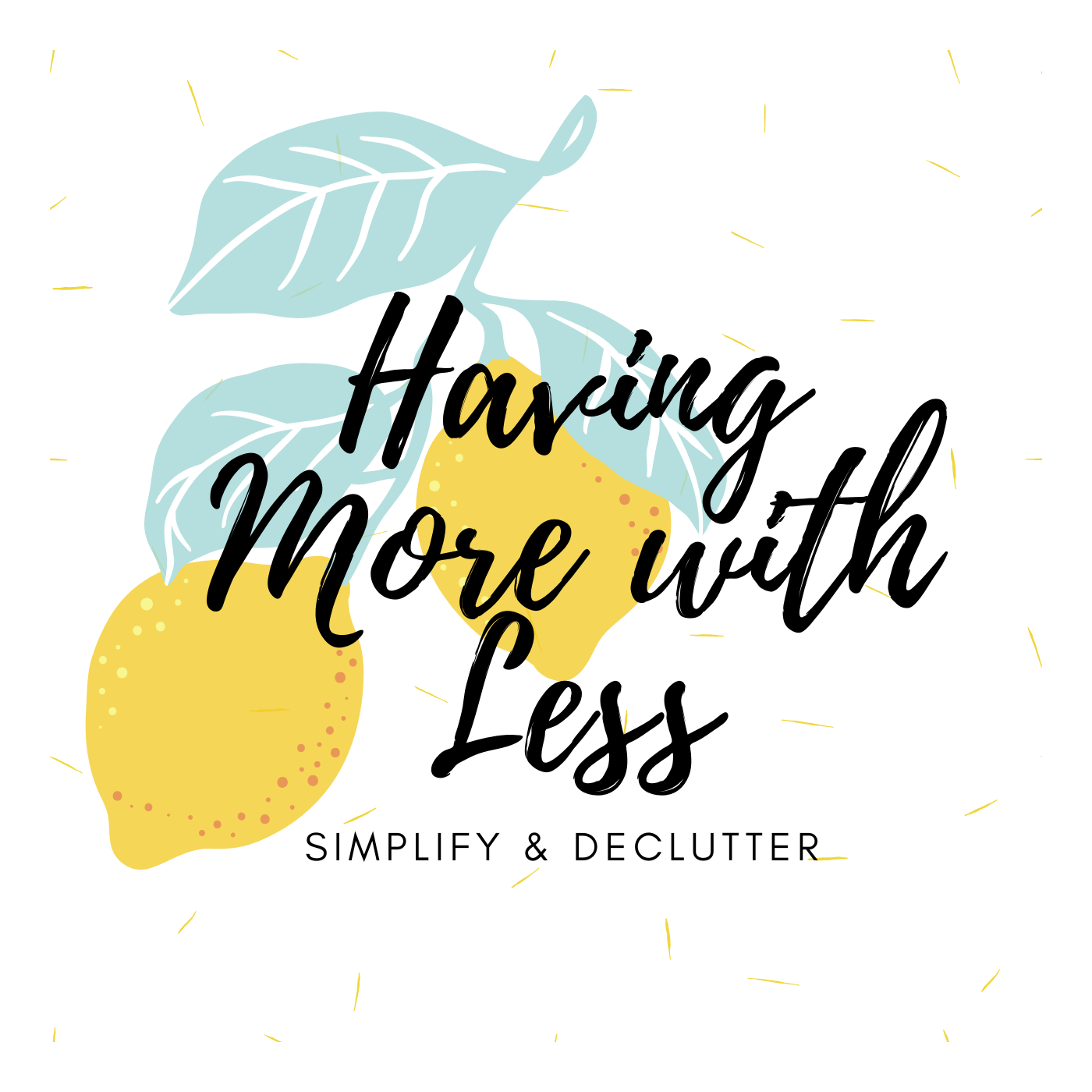Having More With Less

The pace of life can be relentless – over-scheduled diaries, long todo
lists and over-flowing inboxes, often characterise ourpersonal
and work lives. The general demand is to get more done in less
time. And now it has all ground to a halt …
IT is often during difficult times, that we start to see more clearly,
understand more deeply and become brave enough to live more
intently.
One thing that can greatly blur our vision, drain energy and interfere
with our ability to positively navigate our lives, is clutter. Clutter is
different for everyone and takes on many forms. Organising experts
and authors on decluttering agree that clutter can be present in all
aspects of life. And whether it is a little clutter in one area, or a
matter of drowning in clutter every area of life, clutter has a profound
effect on the quality of life. It is not only about having too many
possessions; clutter is often a symptom and cause of stress. If not
addressed, the clutter can keep us trapped and bogged down.
“Clutter is not just physical stuff. It’s old ideas, toxic relationships and bad habits. Clutter is anything that does not support your better self.” - Eleanor Brownn
The authors of Stuffology 101. Getting your mind out of the Clutter (2014, North Star Books), Brenda Avadian and Eric Riddle sort clutter into five categories:
- Physical – These include all material possessions that block our path or get in the way. It could be piles of clothes that don’t fit any longer; boxes of paperwork; too many books on your shelves or gadgets and appliances still in their original packaging and never used.
- Mental – Negative thoughts, worries, emotions, and regrets distract and drain us. Unforgiveness, bitterness, hate and jealousy cannot improve the quality of life.
- Digital – Digital clutter refers to anything in virtual form such as reports written years ago still filed in your computer for “just in case”; photos stored on your computer and in the cloud, a backlog of emails, or too many social media accounts.
- Temporal – This occurs when our days are filled with so many activities, that we cannot focus on any one. It includes work, home, kid’s activities, community events, religious endeavours, hobbies and so on. Those who say they’re too busy are often suffering from temporal clutter.
- Sensual – Having too many things that affect our senses: noise, touch, scents, tastes and sights. It includes television time, music, noise and visual stimuli. When there is too much going on all of the time, we cannot come to a place of quiet and rest.
“You have brains in your head. You have feet in your shoes. You can steer yourself in any direction you choose.” - Dr Seuss
Let us heed the advice of Dr Seuss and choose to tackle the clutter in our lives. With the right attitude, we can start living a decluttered and more simplified life.
- Practical ideas - There are many experts and organisations who give wonderful tips and advice on decluttering. Most experts agree that when it comes to decluttering and simplifying your life, it is best to make small changes continually and make simplifying and decluttering a lifestyle. To get you into gear, start with the following today:
- Possessions – When we own too many things, they start to own us. The best way to work through possessions is to go through each room in your house with a recycle bag, refuse bag, container for items to be given away and a container to place those things in that need to be put away in their proper places. As you handle each item, decide where they need to go.
- Words – Determine to use fewer words, mean what you say and avoid all forms of gossip. Make a conscious decision to count every word and to think before you speak.
- Screen Time – Television, movies, electronic games, and technology affects us more than we think. Rather turn off as much as possible. Also determine which social media accounts are really necessary in your life and disconnect from those that are merely a distraction.
- Multi-tasking – It has been proven through research that multitasking lowers productivity and increases stress. Rather tackle one task at a time, complete it and then move on to the next.
Living a clutter-free and simplified life will help you to have so much more with less.
For more practical ideas and methods on tackling clutter in your life, visit the following websites: www.bemorewithless.com www.thespruce.com www.becomingminimalist.com
